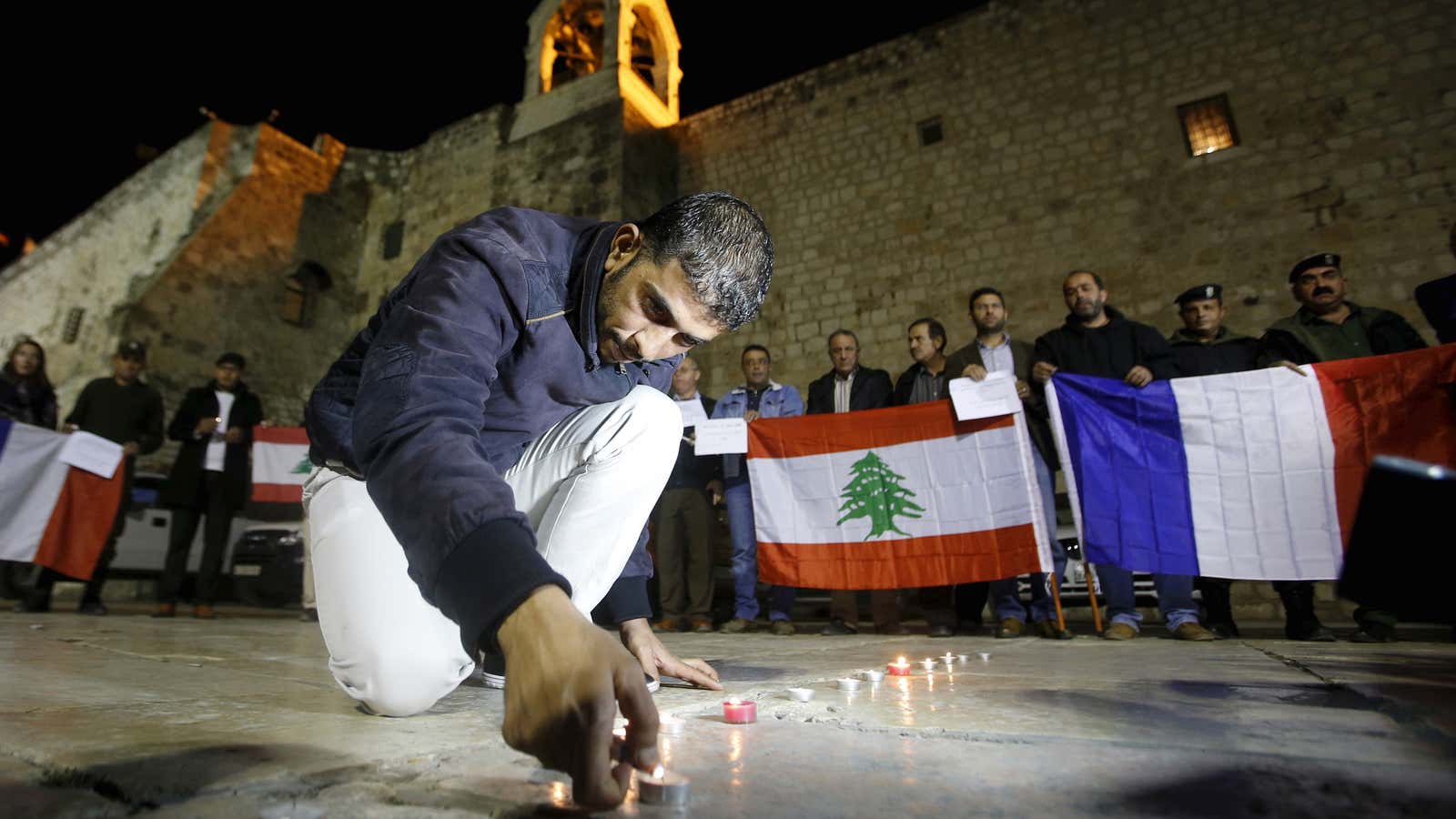The horrific terrorist attacks in Paris have become the biggest news story of the year. I was working on a national newspaper website, the Daily Star Online, over the weekend, and people were reading every single update in the thousands. Every news website shunned all other stories for blanket coverage of the atrocities.
But in the aftermath of the Paris attacks, many people have taken to Twitter and Facebook to complain about why 147 people killed by militant gunmen at Garissa University College in Kenya didn’t get as much coverage as Paris.
“Why isn’t the media covering this?” I saw several Facebook posts exclaim, while sharing a link to a BBC News story on the tragedy.
a) The media did cover this. You are sharing a BBC News link to the story.
b) A quick Google search will show that it wasn’t just the BBC who covered it. Al Jazeera, CNN, the New York Times, USA Today and the Washington Post are among the publications that wrote about it at length.
c) Obviously, you just didn’t click on the story to read it at the time. You didn’t even read it when sharing it, because if you had read it, you’d have realized the college massacre happened in April.
“Why didn’t the media cover *insert country here*?” appears to be shorthand for “Why wasn’t this story shared extensively on my Facebook feed?”
Yes, foreign affairs stories aren’t covered as much as stories closer to home. The media needs to work on this, and it is a big issue. But the media does this not because an innocent person killed in Beirut or Iran is less important than a white European, but because far fewer people read about the former.
Many people seem to have got up on their high horses after Paris, noting how horrible the media is for belittling tragedies outside of Europe and the US. But as anybody with access to a news site’s analytics will tell you, people don’t care other tragedies as much.
A story about a town being blown to pieces in, let’s say, Lebanon, may get a couple of thousand hits total. The Paris attacks got thousands of hits every minute.
Unless violence is local, in terms of proximity or culture, people just won’t click. A lot of people in Western countries assume that a bombing in the Middle East happens every day. Now they’re thinking that if it’s happened in Paris, it could happen to them.
I have noticed several stories on sites, including the national news site Metro, asking why Mark Zuckerberg didn’t offer a Lebanon flag profile picture filter after 47 people were killed in ISIS suicide bombings in Beirut last week.
But be 100% honest with yourself — would you have used the filter option? Of course not. Because unless the story is presented to you on Facebook alongside a string of sad face and broken heart emojis, you probably didn’t hear about it. And even if you did, you wouldn’t be publicly showing your support for Lebanon.
The solution is clear. Read international sites. Follow an assortment of news outlets. And don’t complain that the media didn’t tell you about a tragedy on the other side of the world. They did. You just didn’t click.
